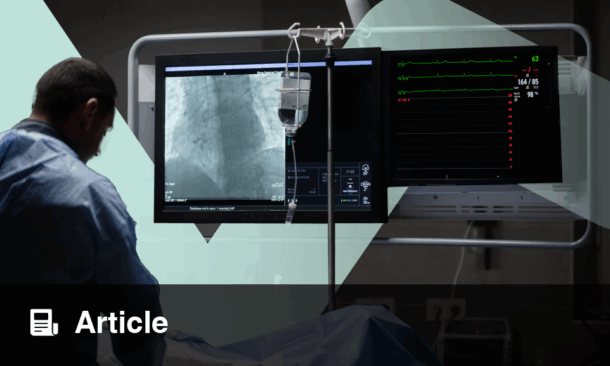THE LONG-TERM outcomes of contemporary surgical repair for degenerative mitral regurgitation demonstrate excellent survival and low reoperation rates when performed at a high-volume centre, new research has shown.
Degenerative mitral regurgitation is a common valvular heart disease, and surgical repair remains the preferred treatment. While short-term results of mitral valve repair are well-documented, long-term outcomes have been less extensively studied. This study analysed the 10-year results of contemporary surgical mitral repair at a high-volume centre, providing independently adjudicated data on survival, reintervention rates, and heart failure rehospitalisation.
A retrospective study included 3,317 patients who underwent surgical mitral repair between 2008 and 2017. The median age was 57 years, and 68.56% were male. In-hospital mortality was low at 0.48% overall and 0.21% for isolated mitral valve repair. At 10 years, survival was 89.65% (95% CI: 88.75%-90.55%), with lower survival associated with preoperative symptoms and anterior leaflet disease. Freedom from reoperation was 96.63% (95% CI: 95.63%-97.63%), with anterior leaflet disease, a second run of cardiopulmonary bypass, and residual mitral regurgitation at discharge linked to higher reoperation risk. Heart failure rehospitalisation at 10 years was 7.76%, with age, prior heart failure admission, preoperative symptoms, and anterior leaflet disease identified as risk factors.
This study confirms that surgical mitral repair, when performed at a high-volume centre, is associated with excellent long-term survival and low rates of reoperation and heart failure rehospitalisation. The findings emphasise the importance of timely intervention, as preoperative symptoms predict worse outcomes. Anterior leaflet disease is a key risk factor for poorer prognosis, suggesting that patients with this pathology may benefit from closer follow-up and targeted management strategies. These results reinforce the role of expert centres in optimising patient outcomes and highlight areas for further research, particularly regarding echocardiographic follow-up to refine risk stratification in clinical practice.
Katrina Thornber, EMJ
Reference
Del Forno B et al. Long-term outcomes of contemporary surgical repair for degenerative mitral regurgitation. JACC. 2025;DOI:10.1016/j.jacc.2024.10.108.








